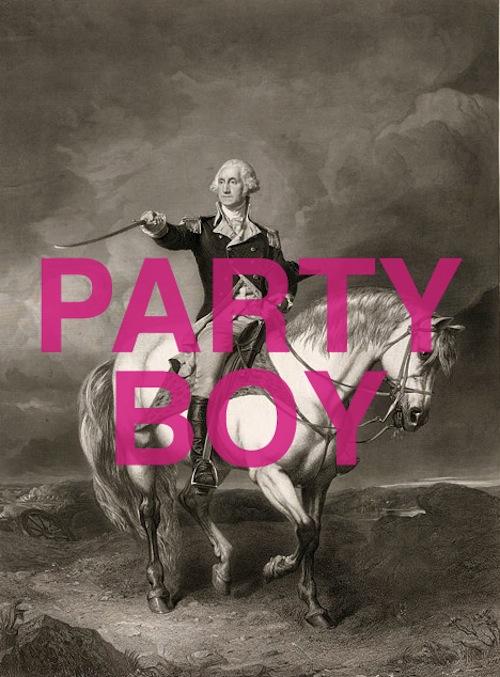Our ancestors did not have public opinion polls and therefore knew what their fellow Americans thought only through conjecture. If the country was building railroads and allowing the Irish to consume rock candy, people seemed happy. If they were arming themselves and claiming sovereign authority against the US Constitution, they were pissed. The past was a terrifying time, but it was made more palatable by the fallibility of any given assessment. Sure, back in 1861 it seemed like A) thousands of Americans were willing to die so that other Americans could own a third group of Americans as slaves, and B) everyone was therefore retarded, but maybe it was states’ rights or tariffs or something less awful. Now, of course, we enjoy no such comfort. Telephones and computers and Wharton graduates have allowed us to peer into the opinions of our fellow citizens with chilling comprehensiveness, and the chilling comprehension that results is, yeah, other people are dumb. Super dumb, as suggested by this CNN poll in which one in four Americans expresses sympathy for the Confederacy over the Union in the Civil War. Of course, they might just be contrary dicks. You can guess which sort of person I like better.
Category Archives: American History
Happy President’s Day, pussies!
Today we observe the birthday of staunch anti-communists George Washington and Abraham Lincoln. Did you know that in college, Lincoln’s nickname was “Apeman?” His fraternity brothers would chant “Abe the ape! Abe the ape!” as he swung from the chandelier on one lithe arm, his oversized lips wrapped around a bottle. But Apeman Lincoln had a soul as tender as yours, and he feared the dignity he exchanged for acceptance made a terrible, perhaps irrevocable bargain. Lincoln understood from a young age the terrible seductions of certainty—the way people will persist in an ugliness, if only because within it they know their place. And so, on January 1st, 1863, President Lincoln stopped doing the Apeman trick.


